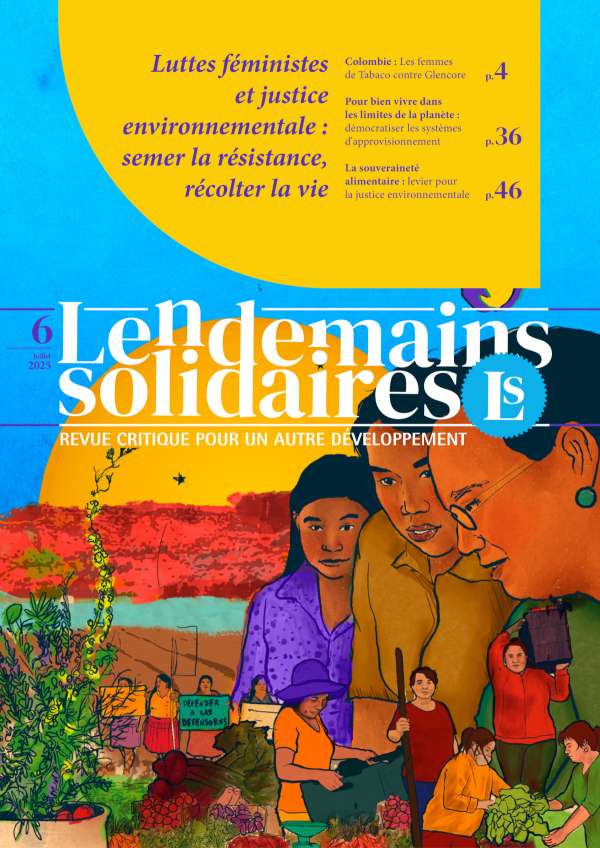CETIM focuses on the promotion and implementation of economic, social and cultural rights (ESCR). They are the backbone of human rights and a powerful tool for achieving a self determinated development model by peoples. This is particularly true for the most vulnerable and marginalised populations. Properly implemented, these rights contribute to the respect for human dignity and to the achievement of social justice. On the contrary, the violation of any of them can jeopardise the enjoyment of all the others.
The universality, indivisibility and interdependence of human rights are enshrined in international instruments. Yet, we are still a long way from their effective implementation for all, and ESCR are among the worst off. Indeed, the basic needs (food, water, health, housing, education) of a third of humanity are still not being met. In some respects, the situation has even deteriorated, including in the countries of the North. This is due to the fact that the policies adopted at economic level accentuate ESCR violations and cause
– increased poverty
– growing inequality across the world
– multiple crises (political, economic, financial, environmental, social and cultural).
By definition, human rights are designed to protect citizens from the arbitrary actions of the most powerful and their governments
The international health crisis linked to COVID-19 has only exacerbated this situation. It has also shown the importance of implementing public policies based on ESCR. In particular, the right to health, the right to housing, the right to food, the right to water, the right to work, the right to education and the right to social security.
But for human rights to be better respected, they must be known, they must be demanded and they must be enforced. However, victims are often unaware of their rights and of the mechanisms available to them for appealing (at national, regional or international level). States, which have an obligation to inform and educate their citizens about human rights, often fail in their duties.
The role played by civil society organisations and social movements in human rights education and training is therefore crucial
– to denounce human rights violations
– to contribute to the implementation of existing standards.
Access to the Critical Report in PDF Presentation The problem of access to food today is acute. Since the food crisis exploded in Spring 2008, all States, all UN agencies and most social movements have issued declarations on the causes of the crisis and on solutions to resolve it. Paradoxically, efforts to end hunger and […]
Continue reading
Access the Critical Report in PDF Presentation An Optional Protocol to the International Covenant on Economic, Social and Cultural Rights (ICESC) was adopted by the United Nations in 2008. A longstanding demand of civil society, it completes the international human rights protection that began with the proclamation of the Universal Declaration of Human Rights in […]
Continue reading
HUMAN RIGHTS COUNCIL 7th session March 03 – March 28, 2008 [Excerpt from the declaration] In June 1945, the peoples of the United Nations resolved to proclaim their faith in fundamental human rights, in the dignity and worth of the human person, in the promotion of social progress and better standards of life, and to […]
Continue reading
HUMAN RIGHTS COUNCIL 8th session 02 June – 18 June 2008 [Excerpt from the declaration] An income of less than a dollar a day makes you extremely poor, less than two dollars makes you poor, and then… you’re middle class. Fifteen years ago, at the Vienna Conference, the international community affirmed the need to put […]
Continue reading
HUMAN RIGHTS COUNCIL 8th session 02 June – 18 June 2008 [Excerpt from the statement] The Council has before it a draft optional protocol to the International Covenant on Economic, Social and Cultural Rights, adopted last April by its Ad Hoc Working Group on this issue in accordance with its mandate. While we welcome the […]
Continue reading
« Previous
1
…
26
27
28
29
30
…
45
Next »


